Grant Recipient Impact Statement
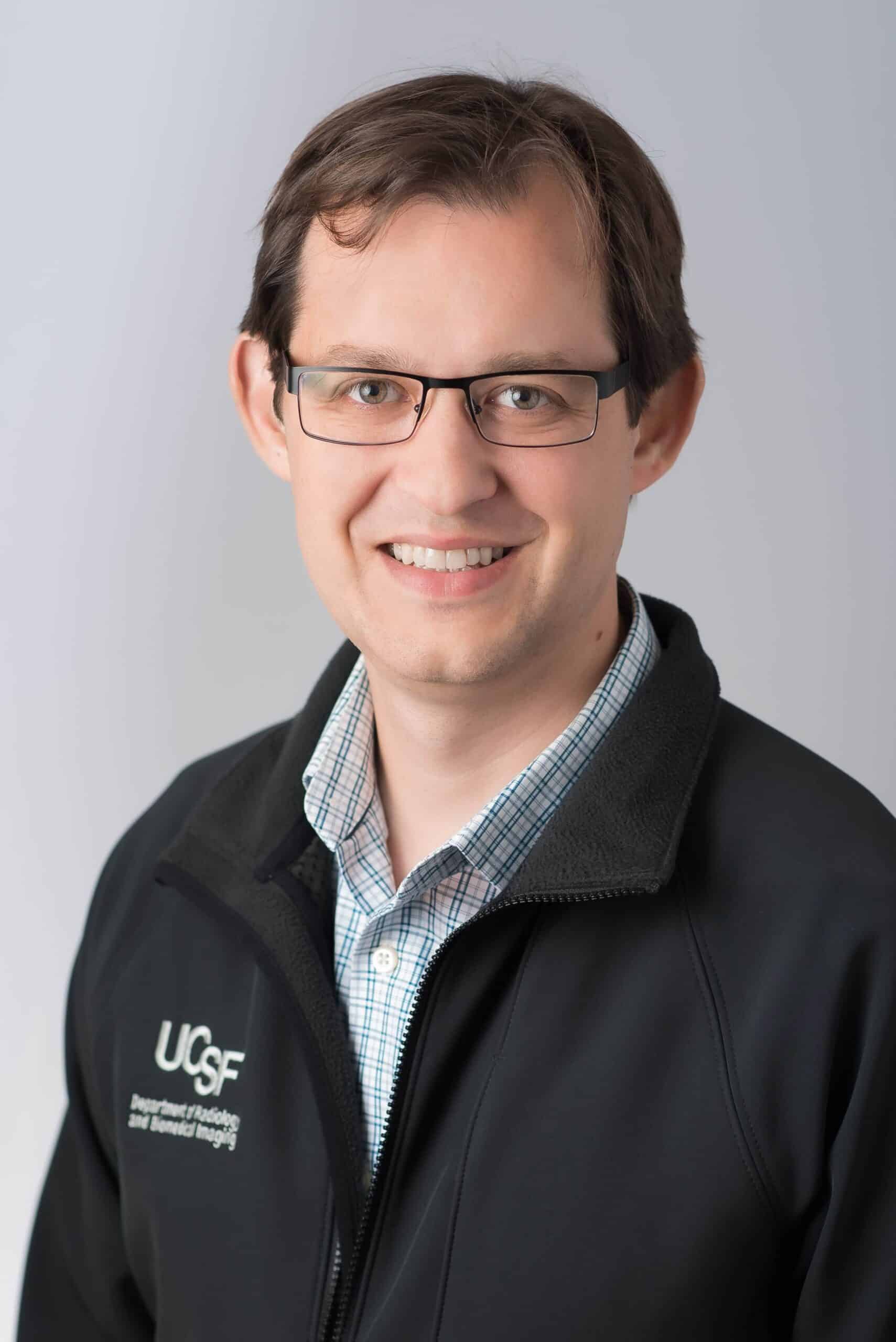
Foundation of the ASNR Grant Program – Andreas Rauschecker
Grant Recipient Year: 2024
Clinical Utility of AI-Enabled Quantitative Meningioma Monitoring
I am very grateful to the ASNR Foundation for supporting my early career. This grant jumpstarted a major project to learn more about meningiomas using the latest AI tools, giving us the ability to extract imaging information from all meningiomas we have ever imaged in our healthcare system -- and relating these to outcomes. At the same time, we are making radiologists more efficient by giving them quantitative data and obviating manual measurements. Based on the work that the ASNR Foundation Grant enabled, we were able to submit for a large NIH grant. Ultimately we expect this work to result in data-driven personalized health decisions for patients with brain tumors such as meningiomas.
Andreas Rauschecker, MD, PhD
University of California San Francisco
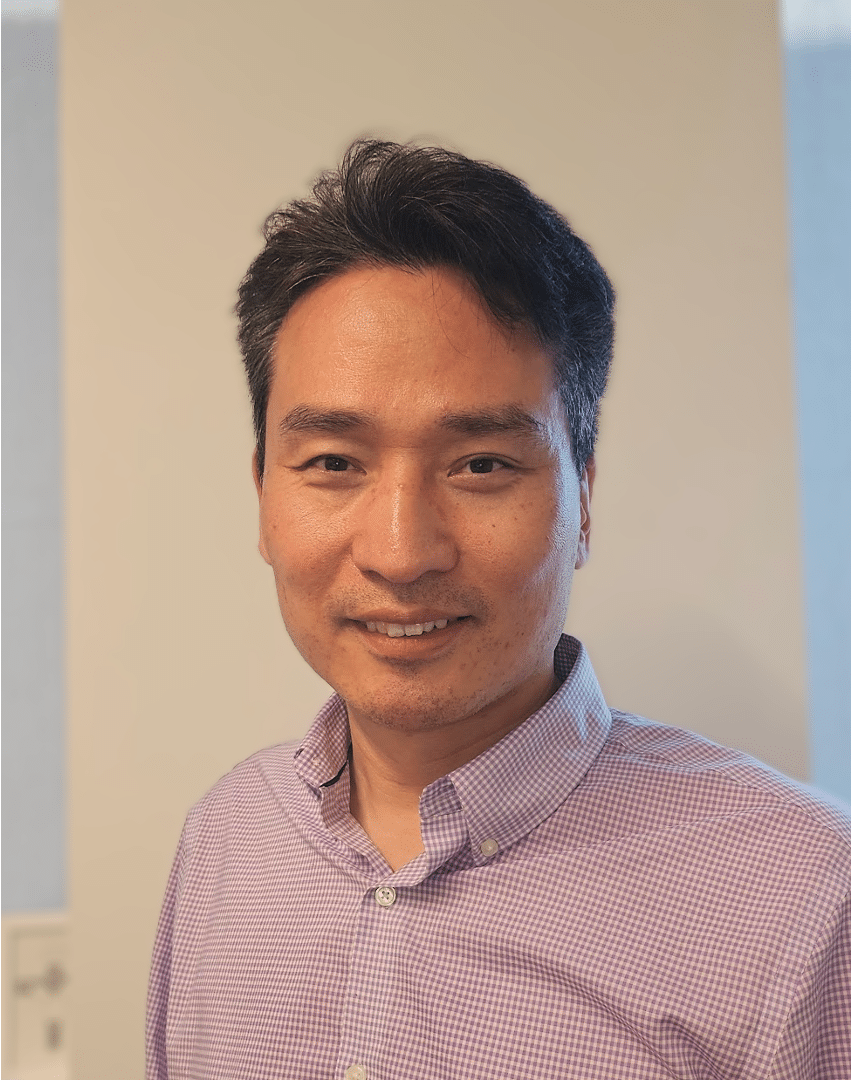
Foundation of the ASNR Grant Program – Hosung Kim
Grant Recipient Year: 2024
Novel multi-modal imaging marker for regional glymphatic flow in humans as a potential early biomarker of Alzheimer’s Disease
I am incredibly grateful for this ASNR Foundation Grant, which supports our efforts to develop RAPiD (Regional Assessment of Perivascular water Diffusivity), a novel MRI-based method for assessing glymphatic function in Alzheimer’s disease (AD). By improving our ability to measure regional glymphatic flow, this research aims to identify early imaging markers of AD, paving the way for more precise diagnosis and intervention. The Foundation of the ASNR grant has provided important initial resources for me in advancing our work, including our ISMRM 2025 abstract that presents the fundamental methodology of our technique. I believe this grant will serve as a foundation for future studies translating these findings into clinical applications for improved patient outcomes.
Hosung Kim, PhD
University of Southern California
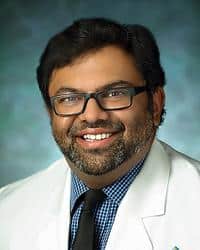
Foundation of the ASNR Grant Program — Vivek Yedavalli
Grant Recipient Year: 2024
Utility of MRI Fingerprinting Arterial Spin Labeling in Detection and Characterization of Small Unruptured Arteriovenous Malformations for Treatment Planning
Currently, there is no treatment consensus for small unruptured intracranial arteriovenous malformations, which continues to be a challenge for our clinicians in managing patients afflicted with this disease. These small AVM patients are at risk of hemorrhage, stroke, seizures, etc, necessitating biomarkers to help with treatment planning to prevent such dire complications. Thanks to the generous support of the Foundation of ASNR, we are able to improve detection and characterization of small AVMs utilizing a novel MRI fingerprinting arterial spin labeling method. I am grateful to the Foundation for providing the support to explore the clinical translation of this unique method where our biomarkers assist with treatment planning for these AVM patients. The funding from the Foundation gives me the time and opportunity to enroll patients prospectively and collect the requisite data for subsequent publication and larger grant opportunities. With the preliminary data we are able to obtain for this investigation, we intend to submit this project as an R01 NIH grant in the future. This grant has been invaluable in my career growth as a clinical and translational physician scientist and I am grateful for the Foundation’s continued unwavering support in allowing us to push our science to the next frontier.
Vivek Yedavalli, MD, MS
Johns Hopkins University
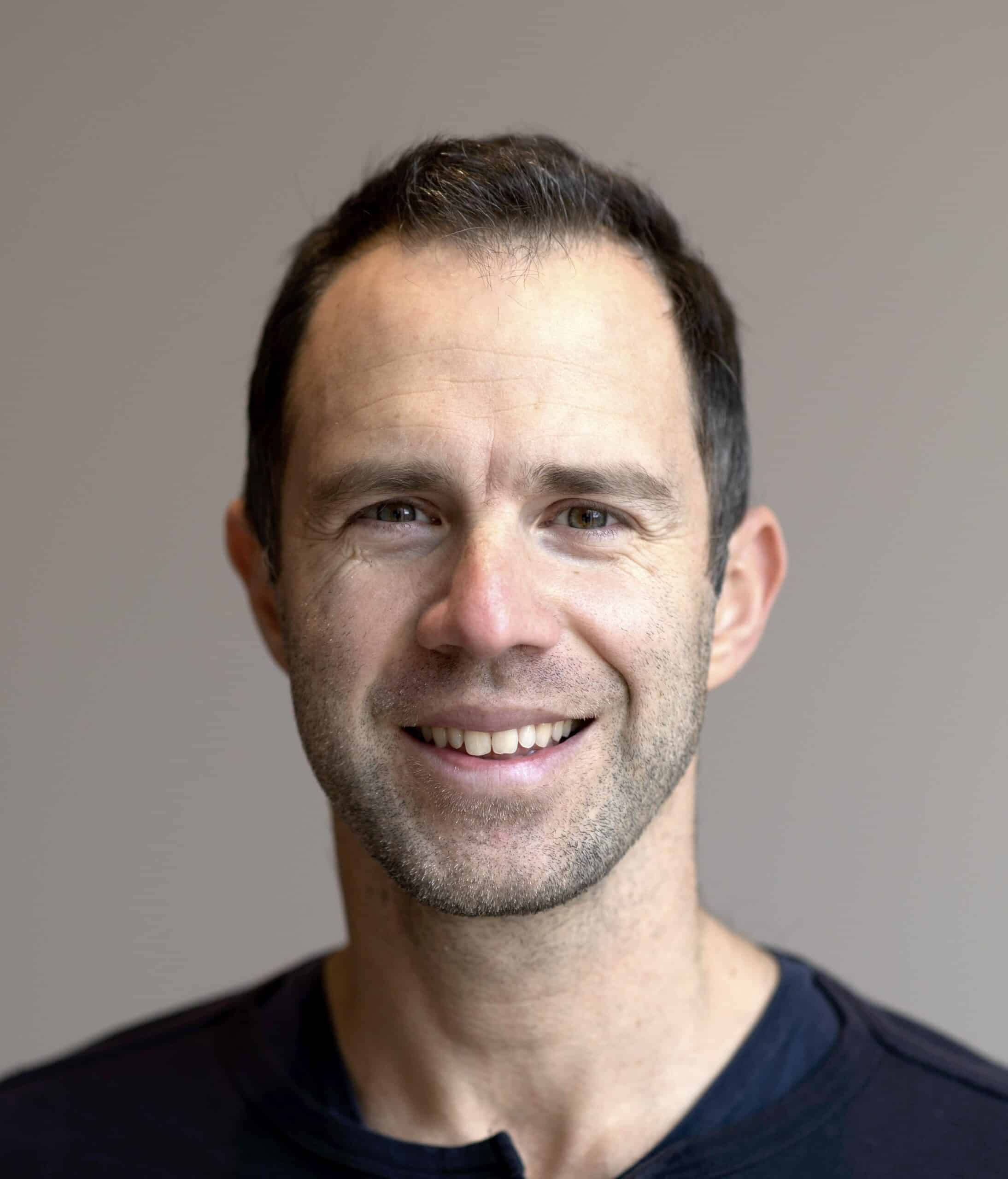
Foundation of the ASNR Grant Program – Marios Georgiadis
Grant Recipient Year: 2024
Quantitative Myelin Imaging In AD And Integration With Molecular Biomarkers
Myelin, which insulates neuronal axons and makes up ~40% of our brain, is strongly involved in Alzheimer's Disease, but its role is unclear, partly due to lack of methods to study it. Our novel myelin-specific imaging method using X-ray scattering can quantify myelin levels and integrity tomographically. With the generous support of the Foundation of the ASNR grant, I am leveraging this to quantify myelin degeneration in the Alzheimer's brain, link it to molecular biomarkers, and translate it to quantitative in vivo MRI imaging. The FASNR grant is essential for this research that can yield new imaging and molecular biomarkers that can drive much-needed novel Alzheimer's Disease diagnosis and treatment strategies.
Marios Georgiadis, PhD
Stanford University School of Medicine
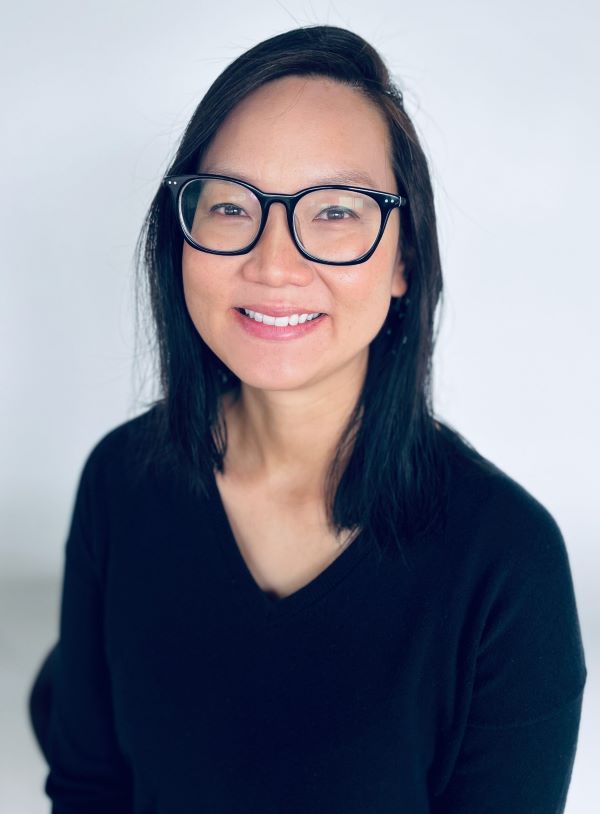
Foundation of the ASNR Grant Program – Nancy Pham
Grant Recipient Year: 2023
Multi-technique MR Perfusion Evaluation of Nasopharyngeal Carcinomas: A Study Assessing the Concurrent Use of Dynamic Susceptibility Contrast-enhanced, Dynamic Contrast-enhanced, and Arterial Spin Labeling for Whole-tumor Characterization and Biomarker Discovery
Integrating functional MR perfusion biomarkers with genomic plasma EBV-DNA and 18FDG-PET/CT metabolic parameters can potentially improve tumor staging, prognostication, and surveillance beyond the traditional AJCC TNM staging system alone. The Foundation grant proved instrumental in my development as a clinician-scientist. It will support 12 months of dedicated research time, enabling me to collect crucial data for my research on NPC. This data has already directly contributed to my ability to secure additional grant funding. This early success strengthens my resolve to bridge the gap between clinical practice and scientific advancement
Nancy Pham, MD
Stanford University
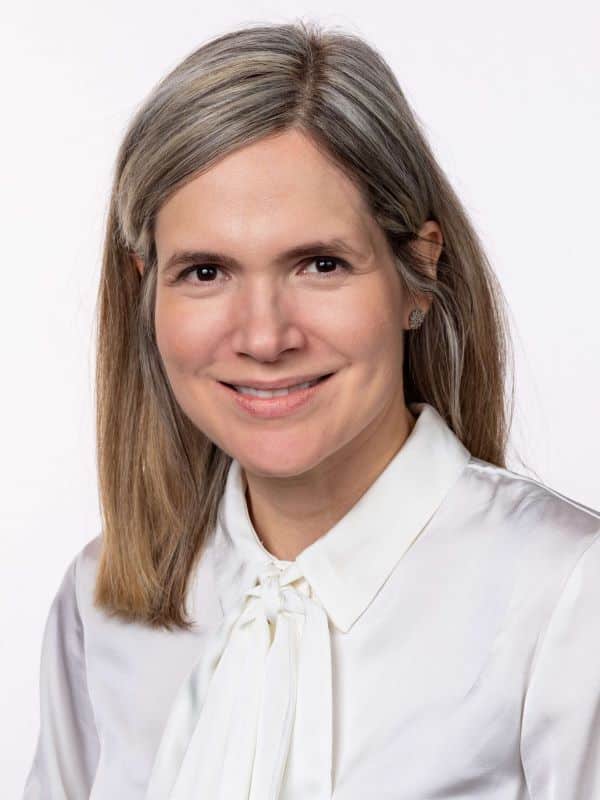
Foundation of the ASNR Grant Program – Licia Luna
Grant Recipient Year: 2023
Investigating the Resting State Functional Connectivity and Molecular Underpinnings of the Association between Post-Traumatic Stress Disorder (PTSD) and Dementia
This grant has provided me with the opportunity to conduct a comprehensive multimodal investigation, enabling me to uncover the molecular and functional mechanisms underlying the link between post-traumatic stress disorder and cognitive decline… With the generous support of the Foundation, I am eager to continue investigating this interdisciplinary field, bridging functional MRI with molecular insights to enhance outcomes for patients with neuropsychiatric disorders… and motivated to leverage our findings to secure additional funding. Your ongoing support is essential as we strive to make meaningful strides in patient care and address the challenges posed by cognitive and psychiatric conditions.
Licia Luna, MD, PhD
Johns Hopkins School of Medicine
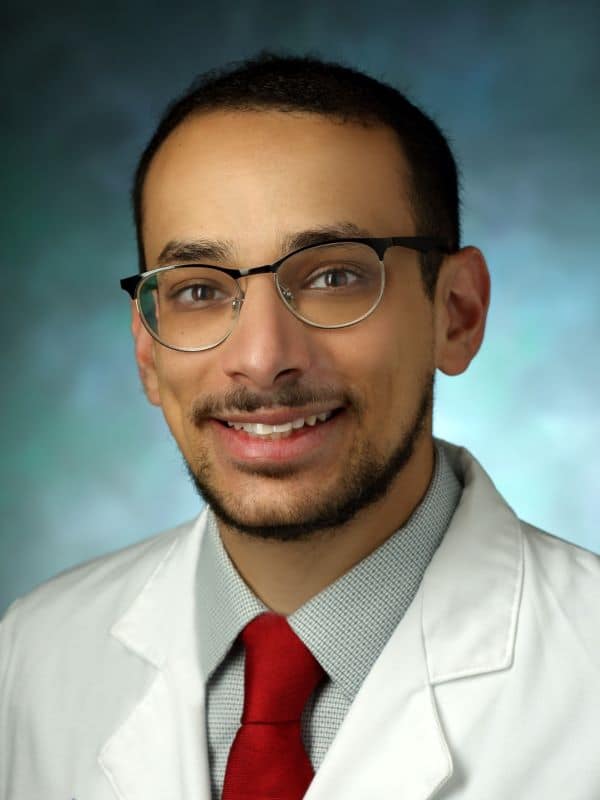
Foundation of the ASNR Grant Program – Peter Kamel
Grant Recipient Year: 2023
Cross-Modality Stroke Segmentation using Deep Convolutional Neural Networks for Detection of Acute Ischemic Infarcts on Non-Contrast Head CT
I am incredibly thankful and appreciative of the Foundation of the ASNR in support of my early career. The time afforded by the grant has been instrumental in allowing me to pursue the research I am passionate about. Through the support of the grant, we have been able to perform cutting edge artificial intelligence research in stroke imaging, developing machine learning models to improve the detection and localization of early ischemic infarcts on CT by training on MRI results. The work has already led to multiple presentations, paper submissions, and grant applications with the potential to impact patient care. This would not have been possible at all without the support of the Foundation of the ASNR.
Peter Kamel, MD
University of Maryland
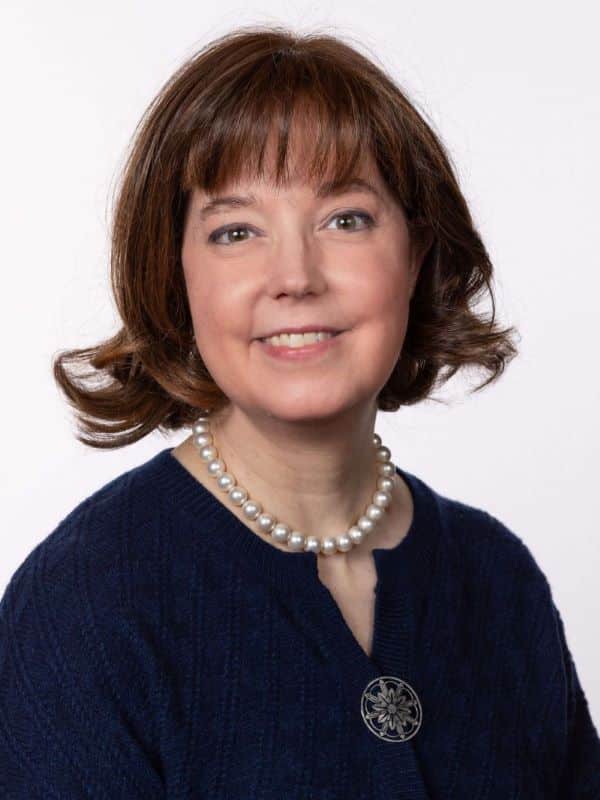
Foundation of the ASNR Grant Program – Virginia Hill
Grant Recipient Year: 2023
Augmented Intelligence Analysis of Meningioma MRIs According to DNA Methylation Subgroups, Molecular Markers, and Copy Number Variants
I am so grateful for this grant supporting research in meningiomas, the most common primary intracranial tumor. Given two identical appearing meningiomas, one will grow while the other will eventually kill the patient. Radiomics will be able to differentiate between aggressive and “quiet” meningiomas noninvasively. Eventually, we will be able to use the AI analysis to noninvasively predict molecular markers and DNA methylation subtypes and choose appropriate, personalized treatment that will improve patient quality of life and survival. This grant provides essential support to early researchers. It is an investment that will pay off in future, larger projects that will fuel our endeavors to improve patient safety, make treatments more effective, and improve patients’ lives.
Virginia Hill, MD
Northwestern University
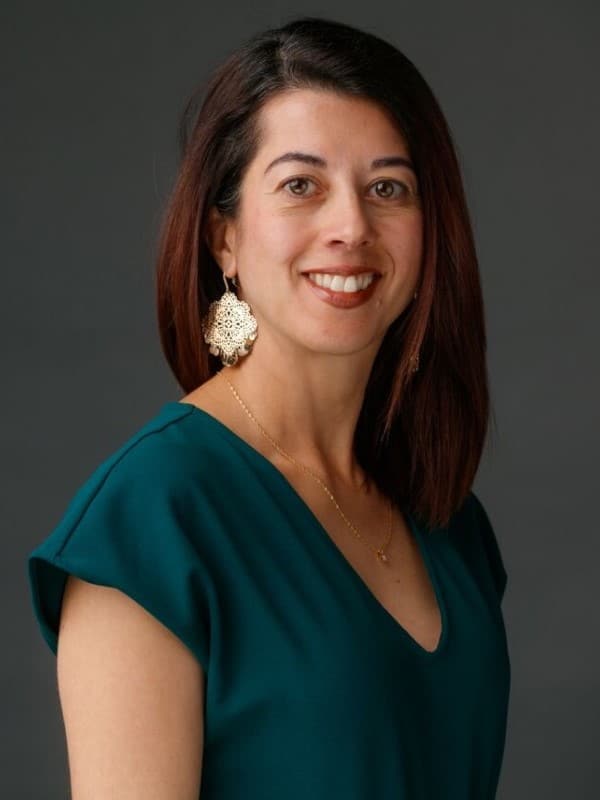
Women in Neuroradiology Leadership Award – Nikdokht (Niky) Farid
Grant Recipient Year: 2023
Thank you again for the Women in Neuroradiology Leadership Award and the opportunity to attend the RLI Summit in Boston. I found the meeting to be highly educational and inspirational. I had an opportunity to meet and network with many academic and private practice radiologists from across the country. I am certain that the tools I learned about the business and finances of radiology, the art of negotiation, and leadership skills will be extremely useful to me in my career.
Nikdokht (Niky) Farid, MD
UC San Diego Health
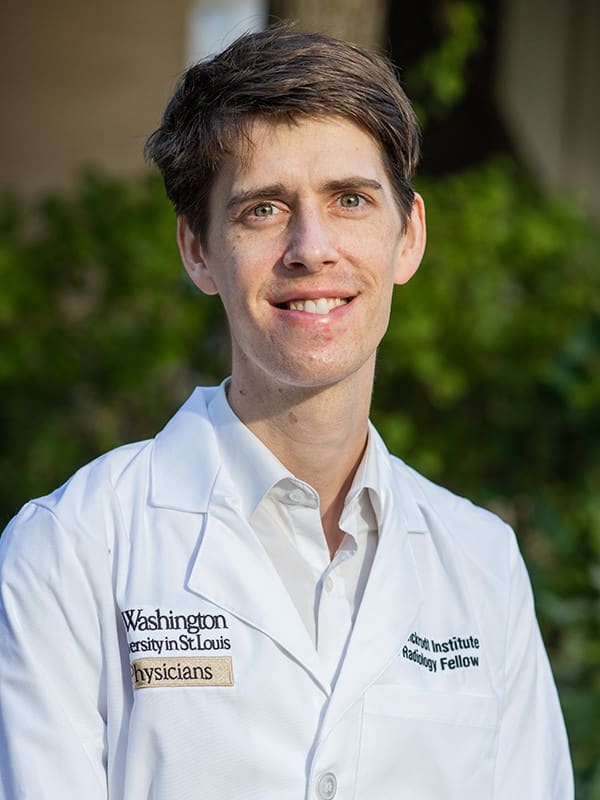
Foundation of the ASNR Grant Program Recipient – Henrik Ullman
Grant Recipient Year: 2022
Intraprocedural measurement of stroke reperfusion volume and outcome prediction using digital subtraction angiography
Improved imaging biomarkers will continue to push the boundaries of clinical care for neurological diseases. My research is focusing on develop standardized measures of brain perfusion, known to be of high importance in the setting of acute ischemic stroke. As more and more patients with stroke are taken directly for mechanical thrombectomy catheter angiography derived imaging markers has the potential to provide timely information to guide treatment. The Foundation of the ASNR grant has provided important initial resources for me to perform this work during the transition from a busy fellowship to junior faculty.
Henrik Ullman, MD, PhD
Washington University, St. Louis
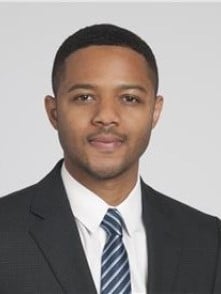
Foundation of the ASNR Grant Program Recipient – Emmanuel Obusez
Grant Recipient Year: 2022
Ex Vivo 170 microns Ultra-High Spatial Resolution 7T MRI Characterization of Multiple Sclerosis Paramagnetic Rim Lesions with Histologic Correlation
Paramagnetic rim lesions (PRLs) may serve as an imaging marker for the work up of multiple sclerosis (MS) progression and treatment. With the help of the ASNR foundation grant, we are working to establish a radiologic-histological correlation for PRLs. The study of PRLs and this research could clinically impact MS diagnosis and monitoring, may better determine the efficacy of existing therapeutic agents or stimulate development of new therapeutics, and overall may help reduce disability associated with disease progression. This work would not have been possible without the generous support of the Foundation.
Emmanuel Obusez, MD
Cleveland Clinic
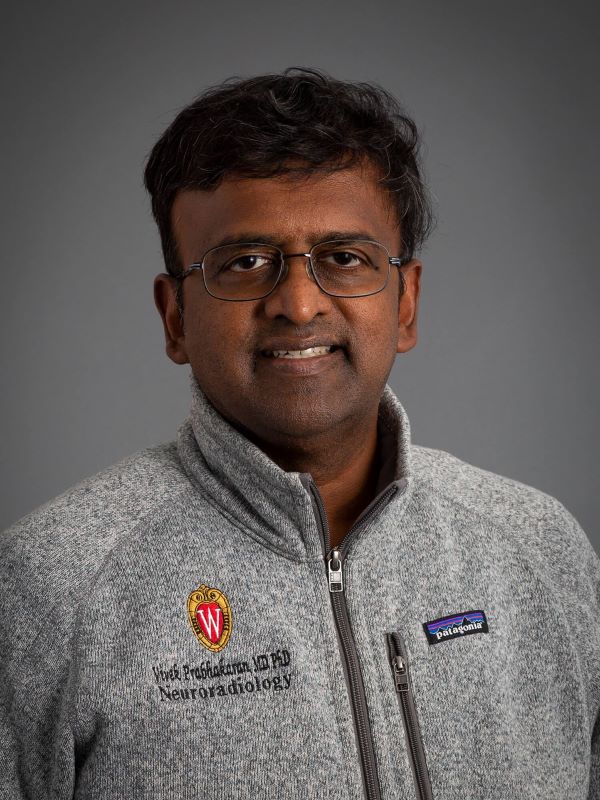
Boerger Research Fund for Alzheimer’s Disease and Neurocognitive Disorders – Vivek Prabhakaran
Grant Recipient Year: 2022
Use of AI for intermodality conversion of brain MR to PET for diagnosis of AD, MCI, and aging normals
Our research is attempting to use an Artificial Intelligence model to convert MRI to PET. Successful completion of this project would have major clinical implications in offering an alternative to PET in the clinical workup of different diseases such as Alzheimer’s Dementia, Epilepsy, and Cancer. The Foundation grant has been essential in providing the funding necessary to perform the initial studies needed for proof of principle. This would be the necessary first step in conducting larger studies to validate this approach for clinical use.
Vivek Prabhakaran, MD, PhD
University of Wisconsin-Madison